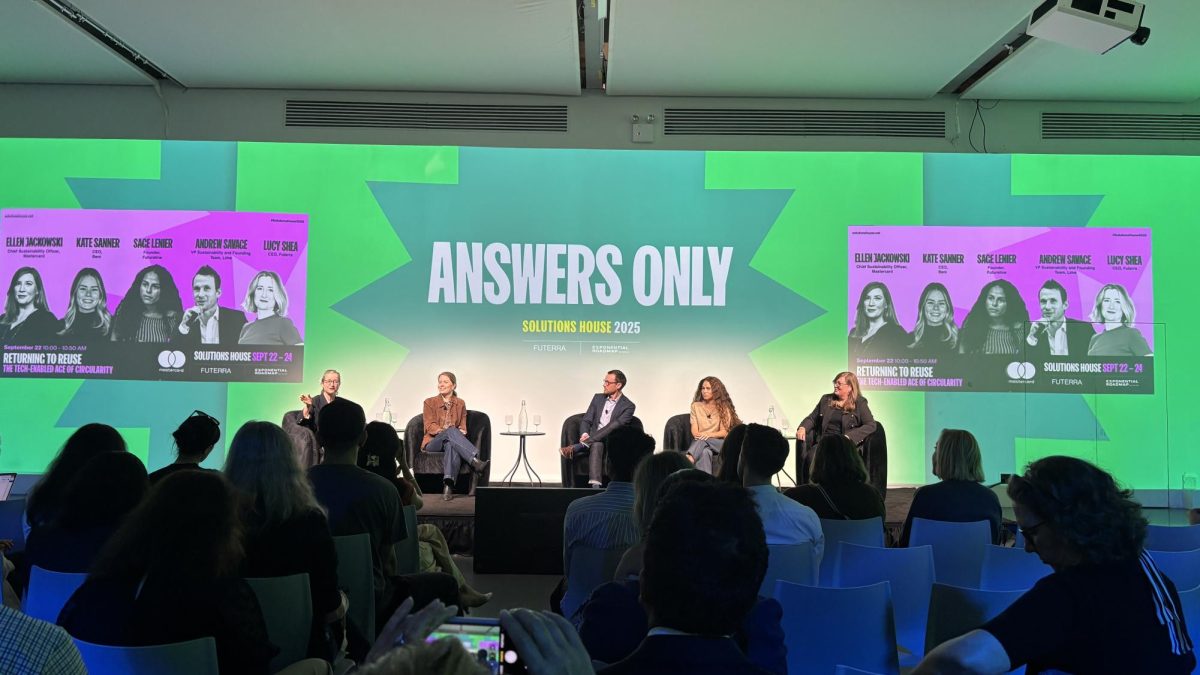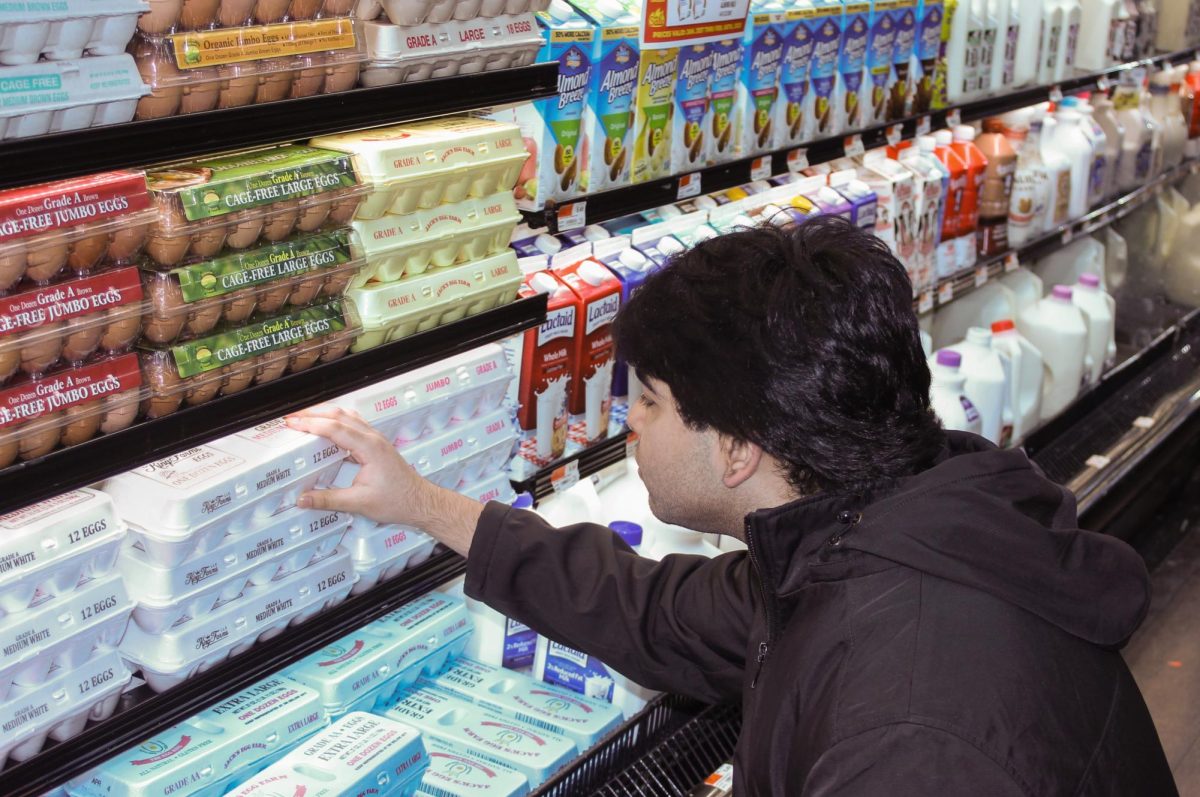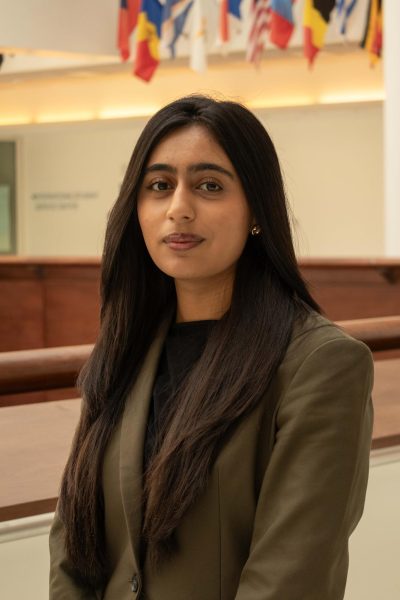The vision of a circular economy is reshaping how some companies think about single use. As environmental concerns grow and consumers become more conscious about making sustainable choices, the turnaround is that the responsibility may rest with companies themselves.
To start off the first day of New York City Climate Week on Sept. 22, the executives of Beni, Lime, Futureline and Mastercard noted that single use is a relatively new concept, while circular practices — like borrowing goods from others or using a product until it wears out — are rooted in the recent past.
These companies described their approach as aligning with consumer interest in sustainable choices by adjusting their offerings to be more cost effective.
For Beni, a search extension tool that simplifies thrifting from sifting through bins and racks to a more personalized search for specific second hand clothing, the circular model has always been part of the concept.
Beni acts as a marketplace for used luxury goods at low prices, sometimes putting it in direct competition with brands when their products are resold secondhand.
“The future where we’re headed kind of flips the entire industry on its head,” Beni CEO Kate Sanner said, referring to brands whose products are vastly sold on secondhand marketplaces.
Mastercard has applied circular methods differently. The company uses partnerships to reach its 150 million merchants and 3.5 billion cards with a broad global reach.
In a pilot program in Aarhus, Denmark, about 55 Mastercard merchants in the downtown area added a 5-krone, or 70-cent USD, fee to coffee purchases at cafés and fast-casual restaurants after noticing disposable cups littered on the streets.
Customers can return the plastic-lidded paper cups to vending machines placed around the city and tap their Mastercard to get the fee refunded.
Mastercard Chief Sustainability Officer Ellen Jackowski said the process “helps take the friction out” of everyday practices that could be made sustainable.
Mastercard is also considering a transition to cards made of biodegradable plastic by 2028, as physical cards become less used with the tap-and-go payment feature for store purchases and transportation.
Similarly, Lime, an e-scooter company operating in 280 cities across 30 countries, uses a borrowing model that allows riders to rent scooters through its app for daily transportation. Lime Vice President of Sustainability Andrew Savage said the company has also incorporated artificial intelligence to monitor parking and frames its service as one way to let riders “utilize e-mobility more frequently.”
To bridge gaps in applying sustainable and circular practices, Futureline has positioned itself as an intermediary to simplify the process. Sage Lenier founded the company while an undergraduate at UC Berkeley, after teaching the university’s most popular student-led course, “Solutions for a Sustainable & Just Future.”
Lenier’s online education platform aims to make sustainability accessible to people of all ages, focusing on how it functions in economies, how it can succeed and how change can begin — whether through addressing overconsumption or building systems that promote reuse.
“I just want to be tunneled and surrounded by problem solvers and people who are focused on the action, the progress, the solutions, because I think that the alternative is useless,” Lenier said about wanting to create a space where climate solutions are discussed. “Cynicism doesn’t get us anywhere, and we have a responsibility of trying to design the future.”









